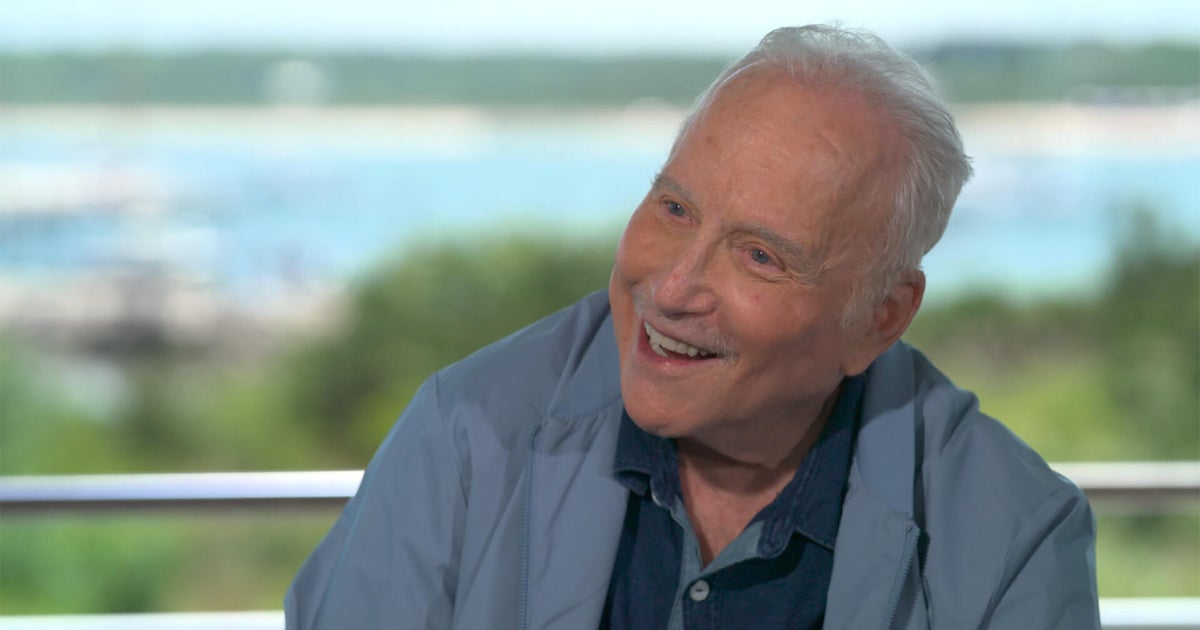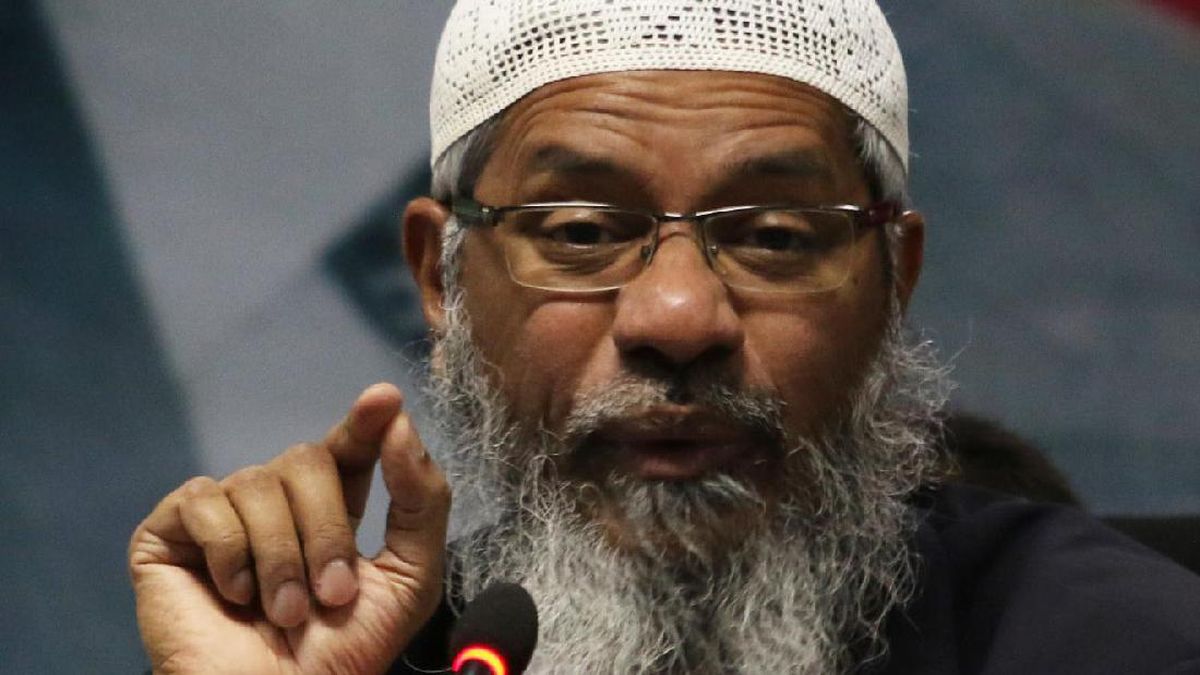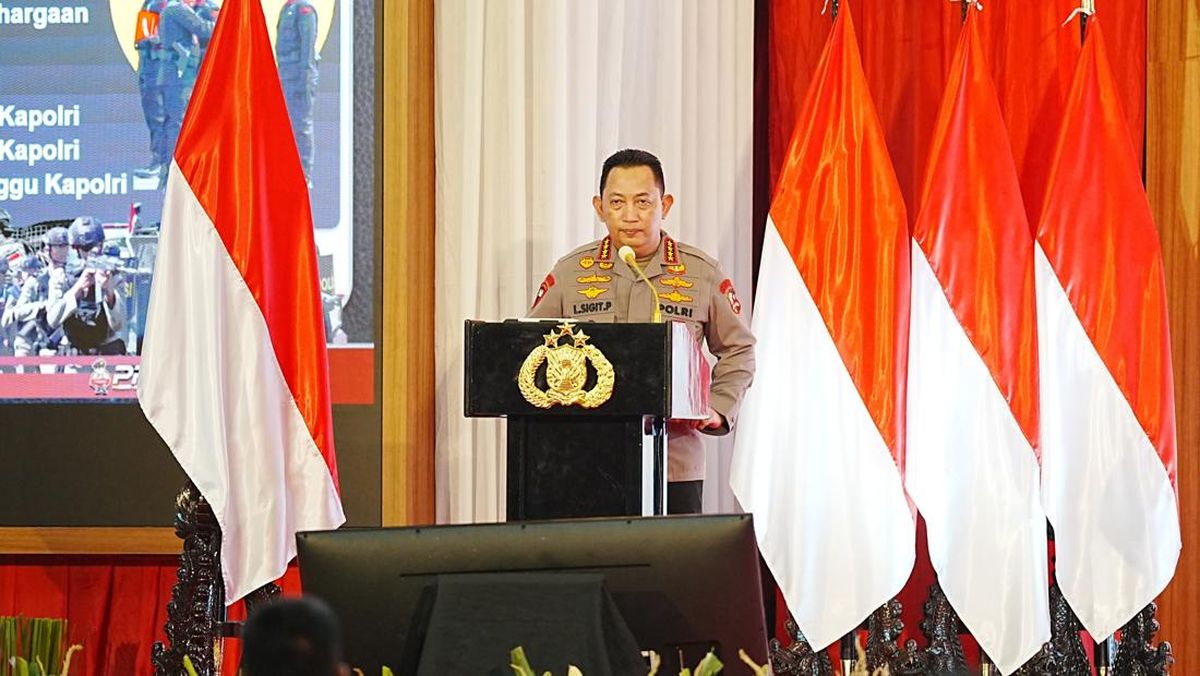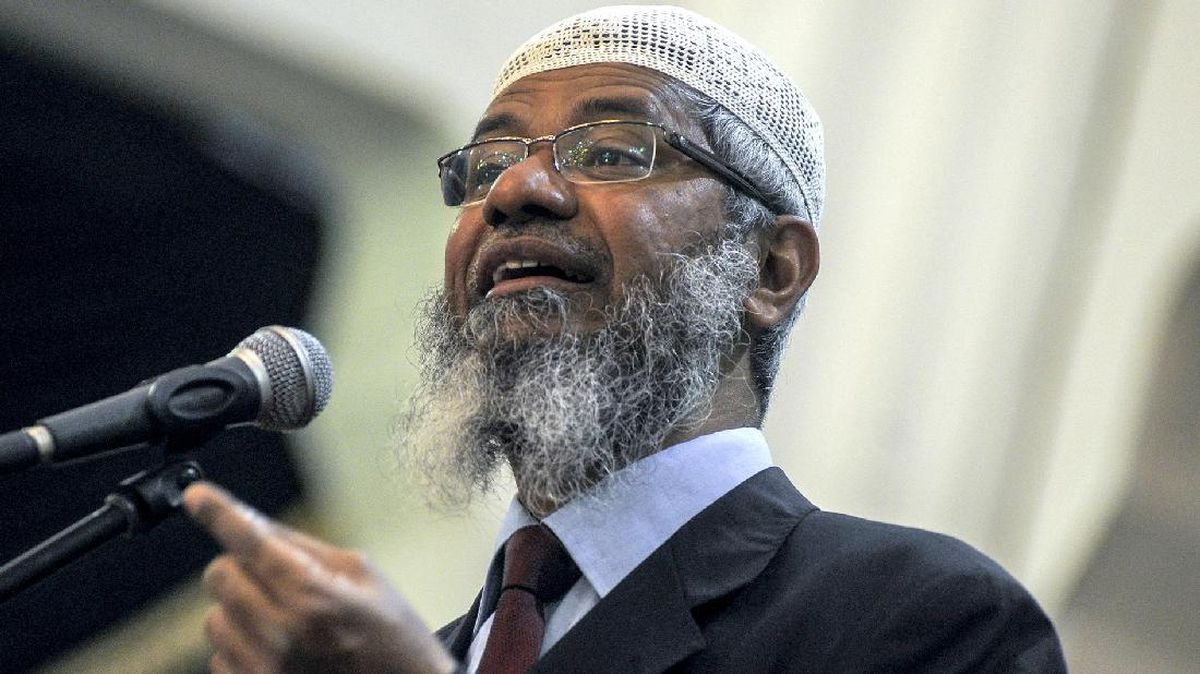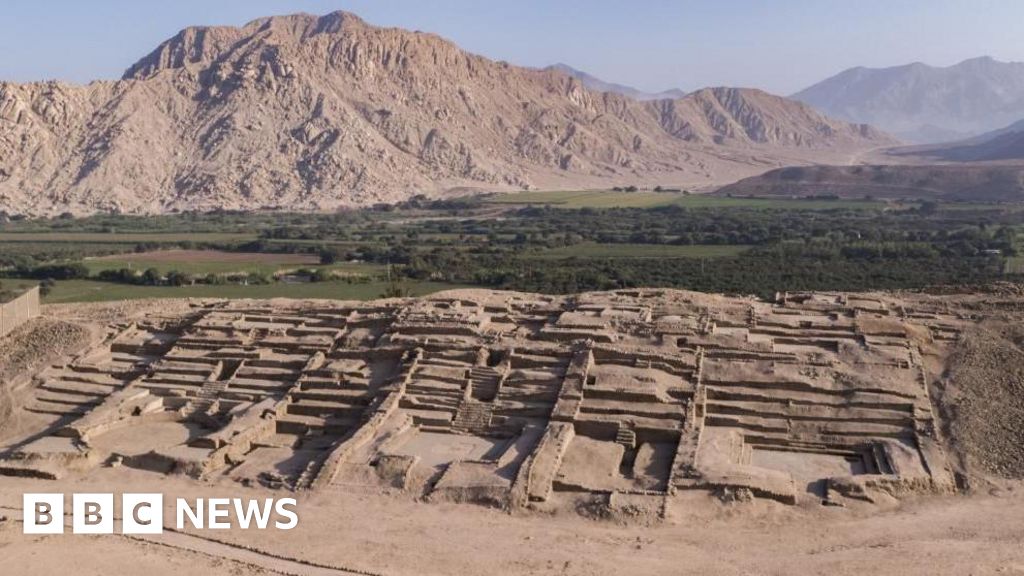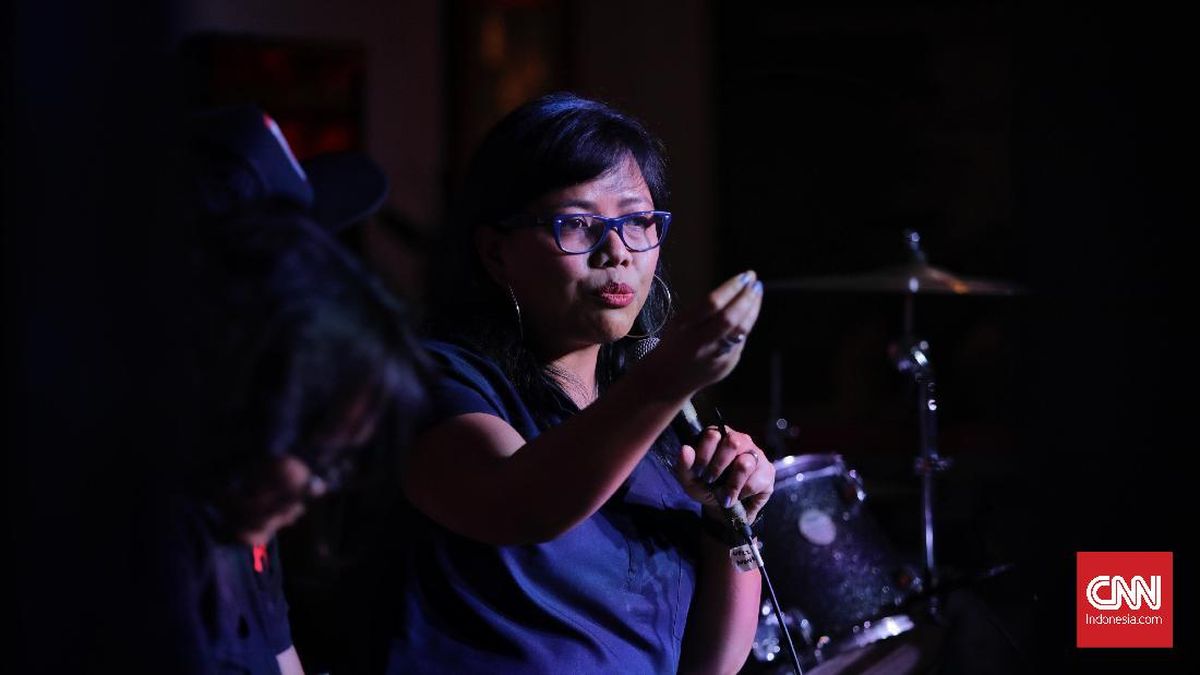The ceasefire between Israel and Iran, should it last, is a resoundingly positive development. But regional peace in its current form, after Israeli offensives in Gaza, Lebanon, Syria and Iran, cannot be sustained in the long run without continuous American involvement. This has serious implications for America’s longstanding commitment to disentangle itself from Middle Eastern affairs and shift focus firmly to the Pacific and its only peer superpower competitor: China.
Successive Australian governments have staked their plans to navigate the growing superpower rivalry in our region upon promises of an American laser-focus on the Pacific that is unlikely to ever truly materialise.

As Anthony Albanese prepares to meet Xi Jinping, will Donald Trump – or following US presidents – be able to withdraw from the Middle East and refocus on China?Credit: Nathan Perri
Just as Prime Minister Anthony Albanese prepares to meet President Xi Jinping in China this month, the ongoing role of the US in reshaping the balance of power in the Middle East in Israel’s favour should have leaders and policymakers here questioning the viability of an American “Pivot to Asia” that never arrives. For Australians, the stakes couldn’t be higher.
The pivot was first announced in November 2011, when then US president Barack Obama addressed the Australian Parliament. In response to the disastrous Bush-era campaigns in Iraq and Afghanistan, Obama declared: “After a decade in which we fought two wars that cost us dearly, in blood and treasure, the United States is turning our attention to the vast potential of the Asia-Pacific region.”
Loading
Obama promised to refocus the US-Australia partnership around maintaining a strategic balance as China’s power expanded, while emphasising peaceful and co-operative relations in areas of mutual benefit, such as trade, diplomacy, climate and non-proliferation.
Australia has doggedly upheld its end of the bargain, providing bases for American forces, joining new US-centred alliances and security pacts, such as the Quad and AUKUS, and signing onto exorbitant arms-procurement programs. But in the 14 years since a US president addressed our parliament, precious little of America’s own commitments to the pivot have come to pass.
The economic arm of the pivot was strangled in the cradle when President Trump formally abandoned the Trans-Pacific Partnership on the first day of his presidency in 2016. American commitment to diplomacy, multilateral institutionalism and regional trust-building have followed a similar trajectory. But the Trump administration retained a supposedly iron-clad commitment to abandon the neoconservative model of foreign interventions and begin to focus squarely on the challenges posed by a rising China.
Trump’s consistent stated opposition to these wars was one of the most popular ingredients in his early political success. Arguably the most critical moment in Trump’s nascent election campaign occurred a week before the 2016 South Carolina Primary, when he decried the Iraq War as a “big fat mistake” and called out the Republican establishment for lying about weapons of mass destruction. Trump went on to win South Carolina, and Jeb Bush, once the frontrunner, abandoned his campaign.
Several of the most senior members of the Trump administration have built their political careers on similar stated values, most notably Vice President JD Vance, Director of National Intelligence Tulsi Gabbard and Undersecretary of Defence for Policy Elbridge Colby. Colby recently authored a sophisticated book outlining a strategy for denying China hegemony in Asia, wherein he explicitly identifies America’s commitment to “forever wars” in the Middle East as a factor that will weaken the US position in Asia.
Loading
Given the history and depth of American involvement in Middle Eastern affairs, its apparent inability to meaningfully draw down and refocus should perhaps come as no surprise. Obama, himself no stranger to military interventions in the region, did go to great lengths to resolve the issue of potential Iranian nuclear proliferation by forging the Joint Comprehensive Plan of Action to limit uranium enrichment, which came into effect in 2016. Trump, in line with consistent lobbying efforts from Israeli Prime Minister Benjamin Netanyahu, unilaterally abandoned the deal shortly thereafter, against the advice of the UN Security Council co-signatories and the EU.
By abandoning multilateral institutional mechanisms for achieving regional stability, and supporting maximal Israeli nationalist ambitions, the Trump administration has ensured the continuation of American entanglement in the Middle East for years to come. The implications of this for Australia’s own national security planning are profound. We have signed on as a junior partner to what has become an almost exclusively military-oriented containment strategy of a rising superpower, while our major ally focuses elsewhere.
The implications of this for Australia’s own national security planning are profound.
Worse still, the weapons that we are procuring to affect this containment, particularly the nuclear-powered submarines program, further entrench our operational and strategic dependence on the United States. We cannot design, build, staff, operate, arm, service or navigate these submarines without heavy American involvement.
The $368 billion being spent on nuclear submarines would be put to better use on a range of integrated anti-ship and anti-air defensive systems designed to leverage our geographical advantages of distance and a vast continent, rather than project power into the Western Pacific. These sorts of military capabilities are not just de-escalatory but also much more effective and affordable in asymmetric conflict.
Loading
America’s ongoing commitment to Middle Eastern interventionism is a reminder that we must develop our foreign and security policy around our own national interests and capabilities, not simply rely on a distant, distracted and declining superpower.
Dr Stuart Rollo is a researcher at the University of Sydney’s Centre for International Security Studies.
Most Viewed in World
Loading

